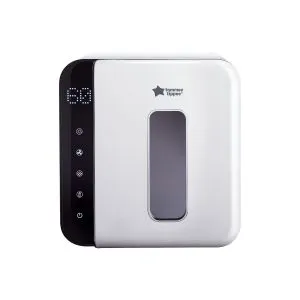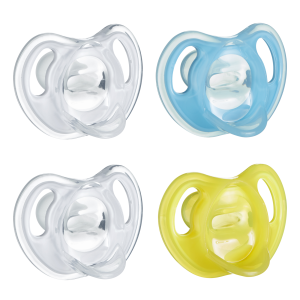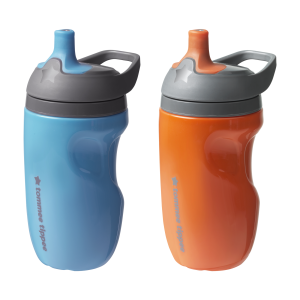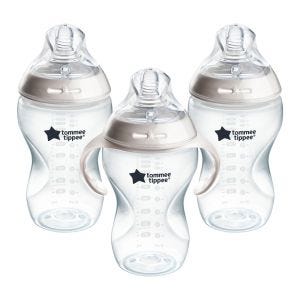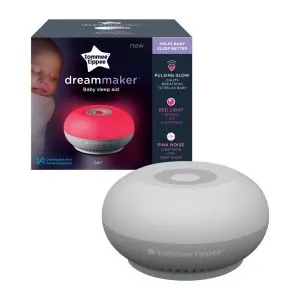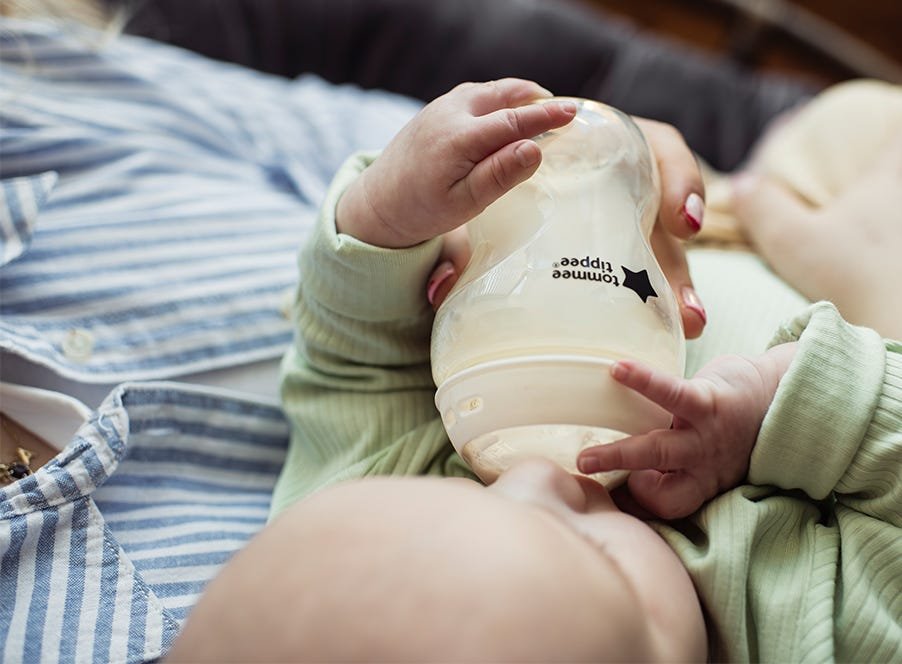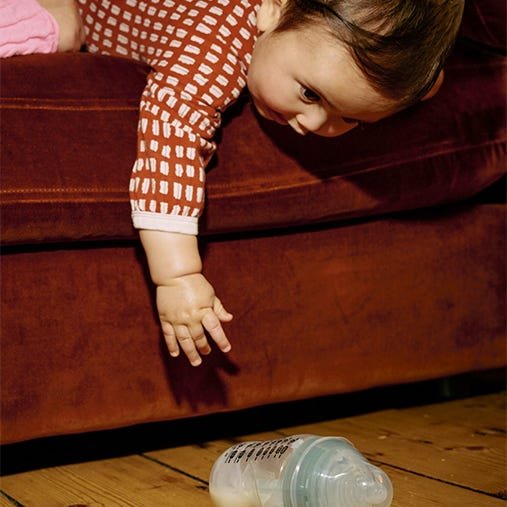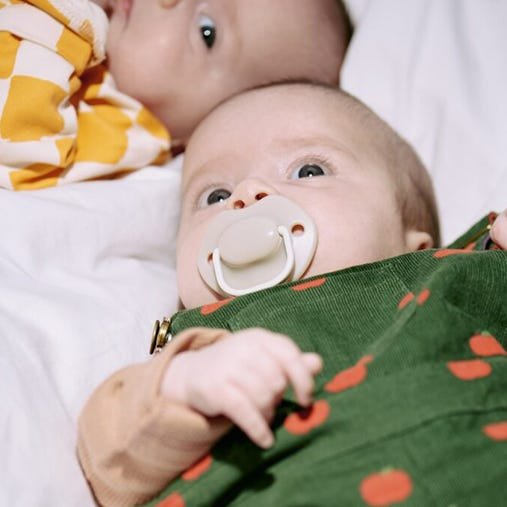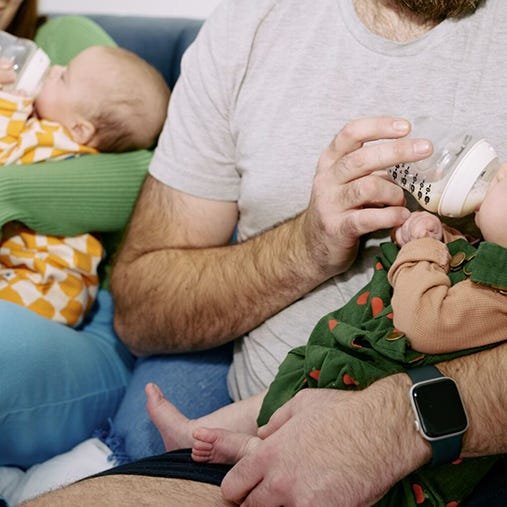Having a newborn baby is a whirlwind ride, and as a new parent, there are a lot of questions that you need answers to. You're no doubt wondering how much formula or breast milk your baby should have per feed, and how often they need to feed in a day.
Well, we've got all the answers to your newborn feeding queries! Read our handy guide on how much milk a newborn should drink to learn more.
How much milk does a newborn need and how often should I feed them?
When your baby is first born, their stomach is tiny - about the size of a marble!
At first, you'll find that you're feeding them on demand, little and often. They could be feeding up to 12 times per day. Over the first few months, their appetite will grow, and so will the gaps between feeds.
Here's a guide to how much breast milk or formula your baby should be drinking by age:
| Baby's Age |
Approximate Amount Per Feed |
Approximate Frequency |
Daily Milk Intake |
| 0-1 Months |
30-90ml |
10-12 feeds per day every 2-3 hours or on demand |
700ml |
| 1-3 Months |
90-120ml |
6-8 feeds per day every 3 hours |
830ml |
| 3-6 Months |
120-240ml |
4-6 feeds per day |
830ml |
How much milk a baby needs depends on their age, and the amount that a baby eats varies from one little one to the next. So, don't worry if these rough guidelines are different to your own feeding schedule.
The older your baby gets, the more predictable their feeding routine will be. You'll soon get into the swing of things!
Breast, bottle or combination feeding?
Choosing how to feed their baby is one of the things that new parents think about the most. It can sometimes be difficult or stressful to make a decision. For some, plans change because they've experienced problems - perhaps their little one has a tongue tie and they're struggling to latch, or they're experiencing pain while feeding.
The benefits of breastfeeding are widely talked about, and it's an amazing way to give your newborn a great start in life. It's also a wonderful opportunity for mother and baby to bond.
If, for whatever reason, you decide not to breastfeed, that's okay too. Bottle feeding or combination feeding still supports your baby's growth and allows you to bond.
Do babies need to feed more or less if they're formula fed?
A baby's tiny tummy digests formula slightly slower than breast milk. So, formula-fed little ones often don't need to be fed as frequently as breastfed babies.
It's best to feed your little one on demand rather than according to a set schedule, and satisfy their appetite whenever they show signs of being hungry. This applies whether they're fed breast milk or formula.
How can I tell if my newborn baby is hungry?
Looking out for newborn feeding cues is a sure-fire way to know if they're hungry and ready to feed.
These feeding cues can include your baby...
- Moving one or both of their hands to their mouth.
- Sucking on their fists and fingers.
- Smacking or puckering their lips.
- Opening their mouth and sticking out their tongue.
- Moving their head from side to side, or in the direction of anything that touches their cheeks.
- Nuzzling against your chest.
- Fussing or crying.
The sooner you notice these cues, the less distressed your baby will be. That means you'll not need to calm them down before attempting to feed. Crying is often the last hunger cue to appear.
How can I tell if my baby is full?
You should never over-feed your baby or force them to finish a full feed if they don't want too. You can look out for signs that your baby needs a break mid-feed or is full and ready to stop feeding.
These can include...
- Relaxing their hands and overall posture.
- Becoming sleepy.
- Changing to a quicker, lighter sucking motion with pauses in between.
- Turning their head away from the bottle or breast.
- Closing their mouth.
What should I do if I have concerns about feeding my newborn?
The truth is, parenting comes hand in hand with worry, it's unavoidable! If you have gotten into a good feeding routine, you may become worried if your baby is suddenly asking for more feeds than usual. But in fact, little ones often want to feed more frequently than usual if they're going through a developmental growth spurt.
In general, you can be assured that your baby is eating enough if their weight stays on their individual growth curve. If you're concerned that your baby isn't eating enough, you should always consult your doctor, health visitor or midwife for advice.
